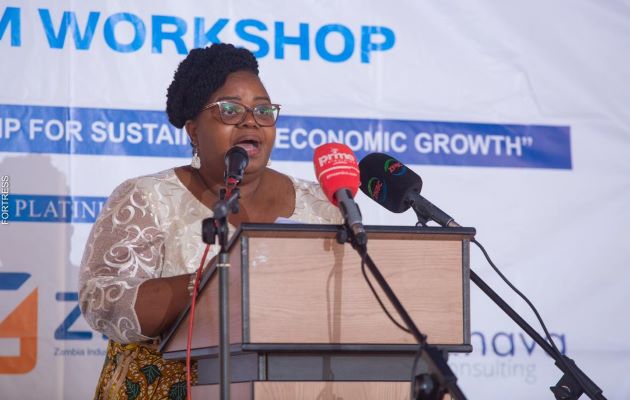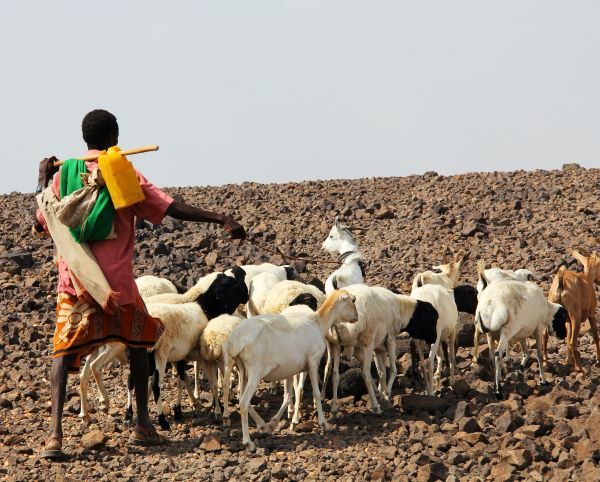Zambia’s bid to reform the agriculture sector and make it the country and continent’s food lifeblood has been commended by the country’s accounting body-ZACA but with a call for inclusion of all stakeholders to realise sustained returns on food security and investment.
Finance Minister Situmbeko Musokotwane has through the national budget sought to reform the sector by continuing with the Farmer Input Support Programme in the 2022/23 farming season under the expanded Comprehensive Agriculture Support Programme (CSP) to bolster food security.
Under the revised CAP programme, the Government envisages that the (FISP) programme will also ensure better targeting and equity in the provision of subsidies and services. Government hopes that the (FISP) programme will also ensure better targeting and equity in the provision of subsidies and services.
It further hopes with more food grown, other countries faced with such inadequacies will look to Zambia for support in various food needs as it pledged during the UN mid-year meeting in Lusaka.
Cecilia Zimba, in a comprehensive review report of various sectors performance while noting the Government’s zeal to reform the sector, employing over 70% of the country’s population throws its weight to the initiative cause to lure private sector investment.
It seeks a full inclusion of the various stakeholders to ensure the sector’s success and act as a rider to the country’s attainment of industrialisation.
“We support this plan and urge the Government to consult stakeholders during design stage of the CSP. We expect CSP to influence private sector investment decisions so that it is not just a food security program (about Maize) but also a wealth creation program to grow the middle class by including crop diversification initiatives and cash crops Manufacturing and Industrialisation.”
To attract investment and help to enhance value addition, the Minister in the 2023 budget proposed the Introduction of income tax concessions for 15 years on income generated from local sale of corn starch by agro processing businesses operating in Multi facility Economic Zones (MFEZ), industrial parks and rural areas.
ZACA while recognizing the Government’s proposals to wholly reform the sector, it looks forward to seeing a spurred interest in MFEZ zones and eventual investments to help the much needed job creation for the youth.
It however, notes some tax shortcomings that should be reviewed. According to Ms. Zimba, tax is only one consideration in investment decisions while other factors, tax administration, infrastructure, employment law and ease of doing business are overlooked yet they play a significant role.
ZACA to this effect, proposes that an investment summit be convened without much delay involving a cross section of stake holders to discuss making Zambia a more attractive investment destination both regionally and internationally. This is evidenced globally as exhibited in among other countries, South Africa, Kenya, Egypt Singapore, Malaysia Where policies work, the government adequately consult with the private sector.
CAP, being spearheaded in Zambia, is similar to the NEPAD’s initiative to support Africa’s framework for developing the agricultural sector in Zambia.
The NEPAD’s Comprehensive Africa Agriculture Development Programme (CAADP) is a product of a partnership between NEPAD and the Food and Agriculture Organisation (FAO) of the United Nations.
CAADP is a dynamic document and must remain open to continued improvement and interpretation by each of Africa’s sub-regions in order to best address our continent’s diverse needs.
After nearly forty years of economic stagnation, with the current food crises in the Horn of Africa, Southern Africa, and in Central Africa, African leaders are applying themselves to finding sustainable solutions to hunger and poverty.
According to NEPAD, agriculture is envisaged to provide the engine for growth in Africa. Improving agricultural performance is at the heart of improved economic development and growth, and its role in poverty eradication and in the restoration of human dignity can never be over-emphasised.
To achieve this agricultural renewal in Africa, NEPAD is forging new partnerships, based on African ownership, with its traditional partners.
Arguably, NEPAD is encouraging Africans to utilise their own strengths, abilities, resources and political leadership to generate development and growth in their own countries and on the continent, notes former Nigerian President, Olusegun Obasanjo.









